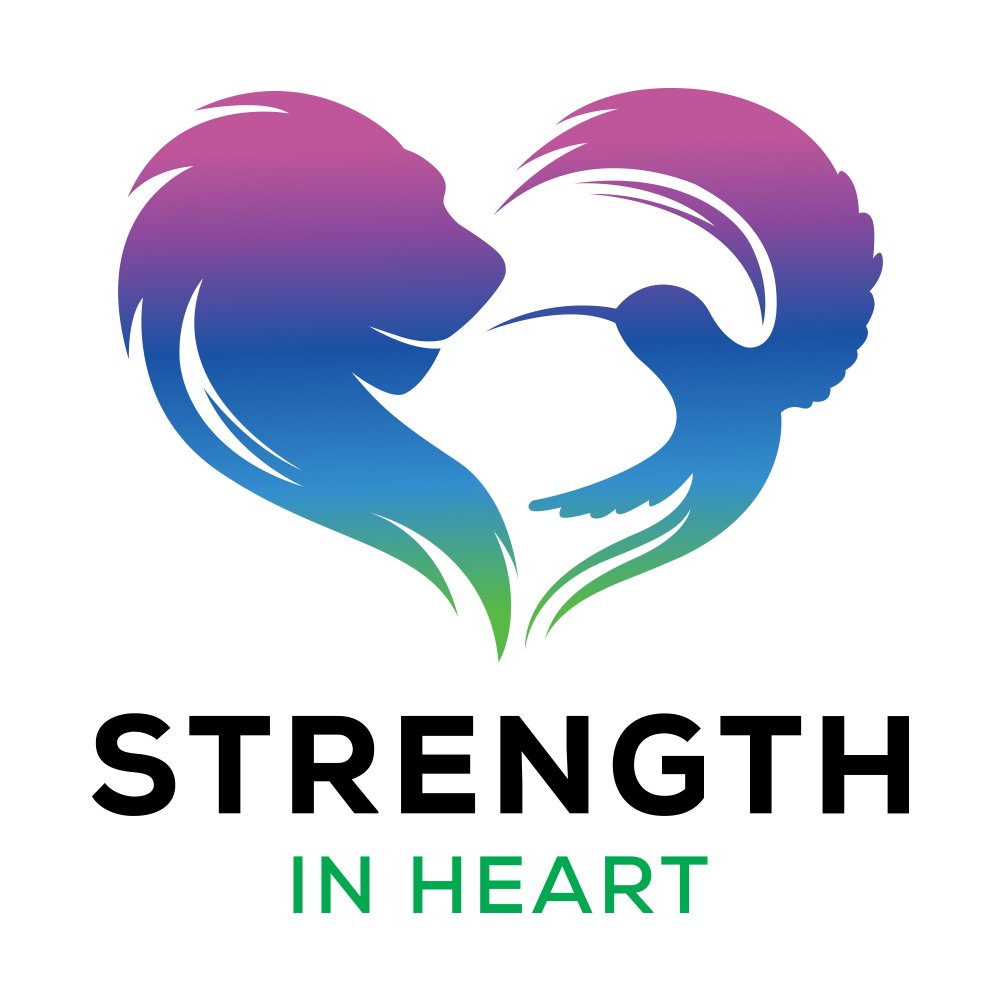In today's world anxiety has become a common companion for many of us. The demands of work, social pressures, and the challenges of everyday life can leave us feeling overwhelmed and stressed. However, there is hope for relief from anxiety through a practice that dates back thousands of years: yoga.
Understanding Anxiety
Before delving into the ways in which yoga can help alleviate anxiety, it's essential to understand what anxiety is. Anxiety is a natural response to stress, characterized by feelings of fear, worry, and unease. When these feelings become excessive and interfere with daily life, it may be diagnosed as an anxiety disorder. While there are various treatment options available, including therapy and medication, many people use complementary practices like yoga to manage their symptoms.
The Mind-Body Connection
Yoga is often described as a mind-body practice because it emphasizes the connection between mental and physical well-being. This holistic approach to health makes it particularly effective in addressing anxiety, which affects both the mind and the body. Here's how yoga helps:
Stress Reduction: One of the primary causes of anxiety is stress. Yoga encourages relaxation through deep breathing and mindfulness techniques, reducing the production of stress hormones like cortisol. This, in turn, can alleviate anxiety symptoms.
Improved Physical Health: Regular yoga practice has been shown to lower blood pressure, improve heart health, and boost the immune system. These physical benefits can help reduce the physical symptoms of anxiety, such as a racing heart or muscle tension.
Mindfulness and Self-Awareness: Yoga promotes mindfulness, which involves paying attention to the present moment without judgment. This practice can help individuals become more aware of their anxious thoughts and learn to manage them effectively.
Regulation of the Nervous System: Yoga's focus on controlled breathing activates the parasympathetic nervous system, responsible for the body's "rest and digest" response. This counters the hyperactivity of the sympathetic nervous system, responsible for the "fight or flight" response commonly associated with anxiety.
Yoga Poses for Anxiety
Several yoga poses and sequences are particularly effective for managing anxiety:
Child's Pose (Balasana): This gentle pose helps release tension in the back and shoulders, encouraging relaxation and calmness.
Bridge Pose (Setu Bandhasana): Bridge pose opens the chest and can help alleviate symptoms of anxiety by promoting deep breathing and reducing tension in the body.
Legs Up the Wall Pose (Viparita Karani): This restorative pose relaxes the nervous system, reduces stress, and can be especially soothing for anxiety.
Corpse Pose (Savasana): Savasana is often used as a closing pose in yoga practice, allowing for deep relaxation and integration of the benefits of the practice.
Incorporating Yoga into Your Routine
If you're interested in using yoga as a coping strategy for anxiety, here are some tips to get started:
Start Slowly: Begin with simple poses and gradually work your way up to more challenging ones. Consistency is key, so establish a regular practice routine.
Seek Guidance: Consider taking a yoga class or working with a certified yoga instructor, especially if you're new to yoga. They can provide guidance on proper alignment and technique.
Focus on Breath: Pay attention to your breath during yoga practice. Deep, controlled breathing is an integral part of managing anxiety.
Mindfulness Meditation: Incorporate mindfulness meditation into your practice to enhance self-awareness and reduce anxious thoughts.
Listen to Your Body: It's essential to honor your body's limits and avoid pushing yourself too hard. Yoga is about self-compassion and self-care.
Yoga offers a powerful tool to find inner peace. Its holistic approach, combining physical postures, deep breathing, and mindfulness, can effectively reduce anxiety symptoms and promote overall well-being. Whether you're new to yoga or an experienced practitioner, incorporating it into your routine can lead to a more balanced and tranquil life. Remember that yoga is a journey, and with patience and dedication, you can harness its potential to cope with anxiety and find a sense of inner calm.
Contact us to work with a Counsellor specialized in yoga.
